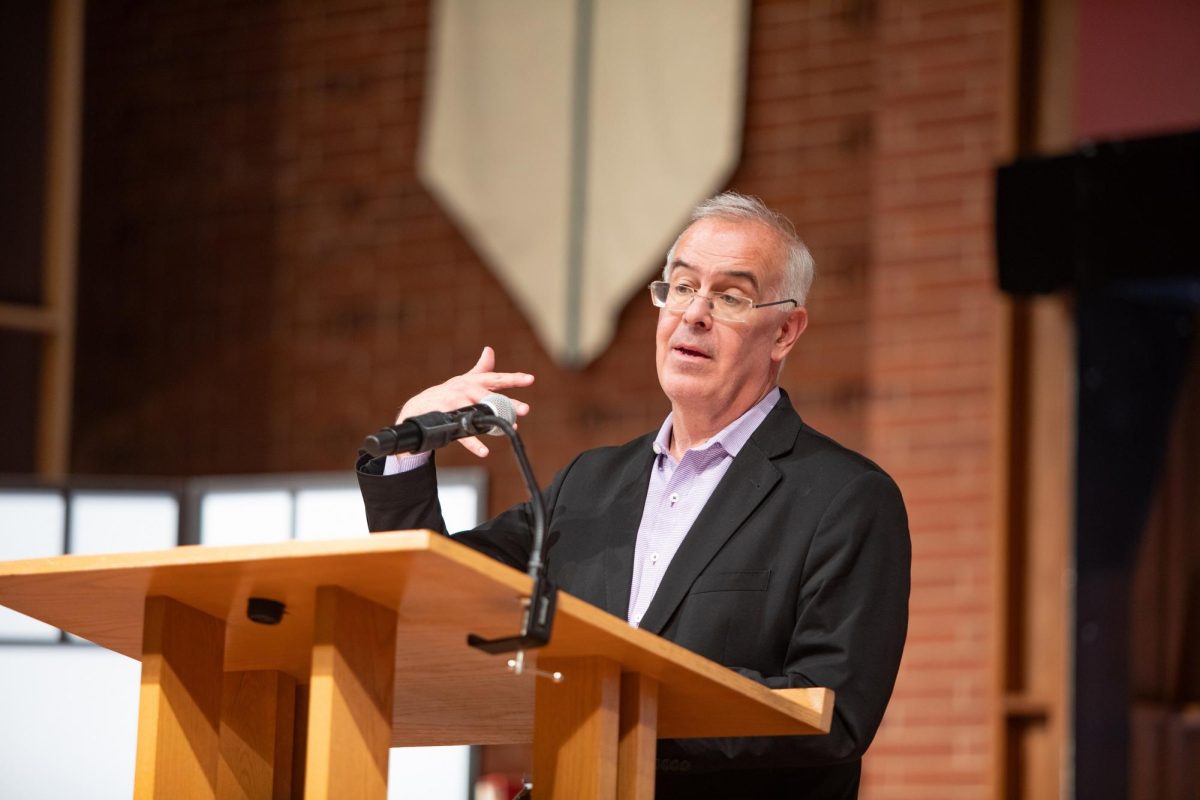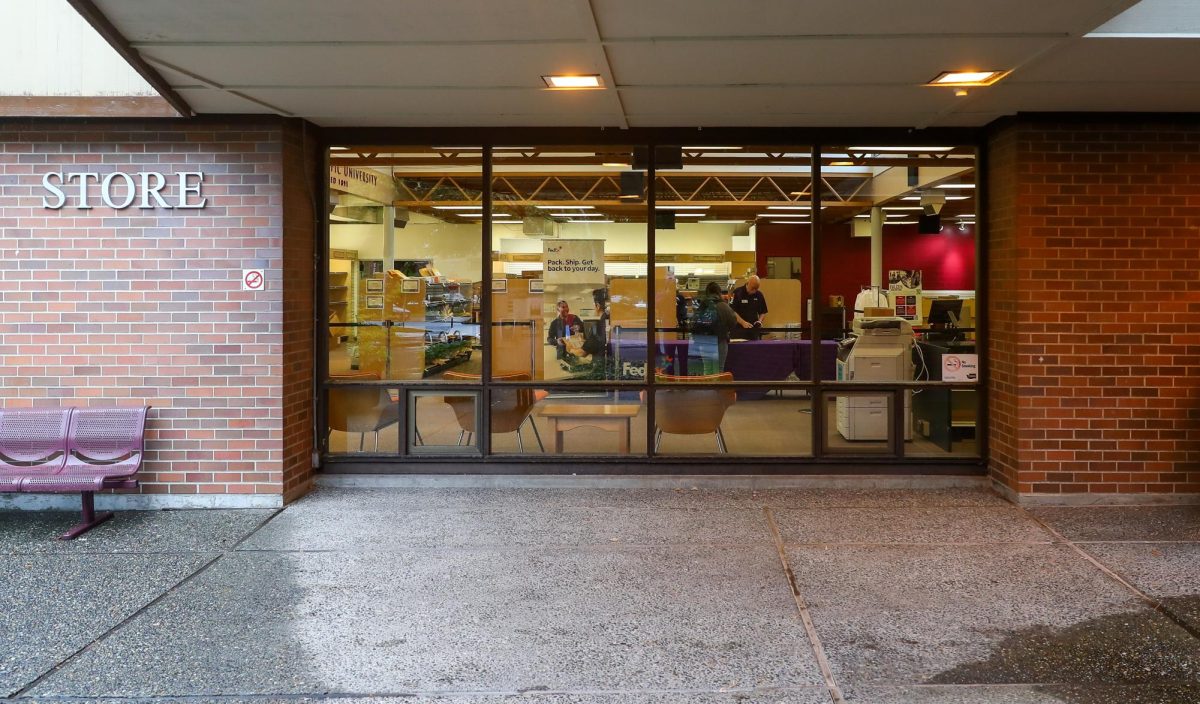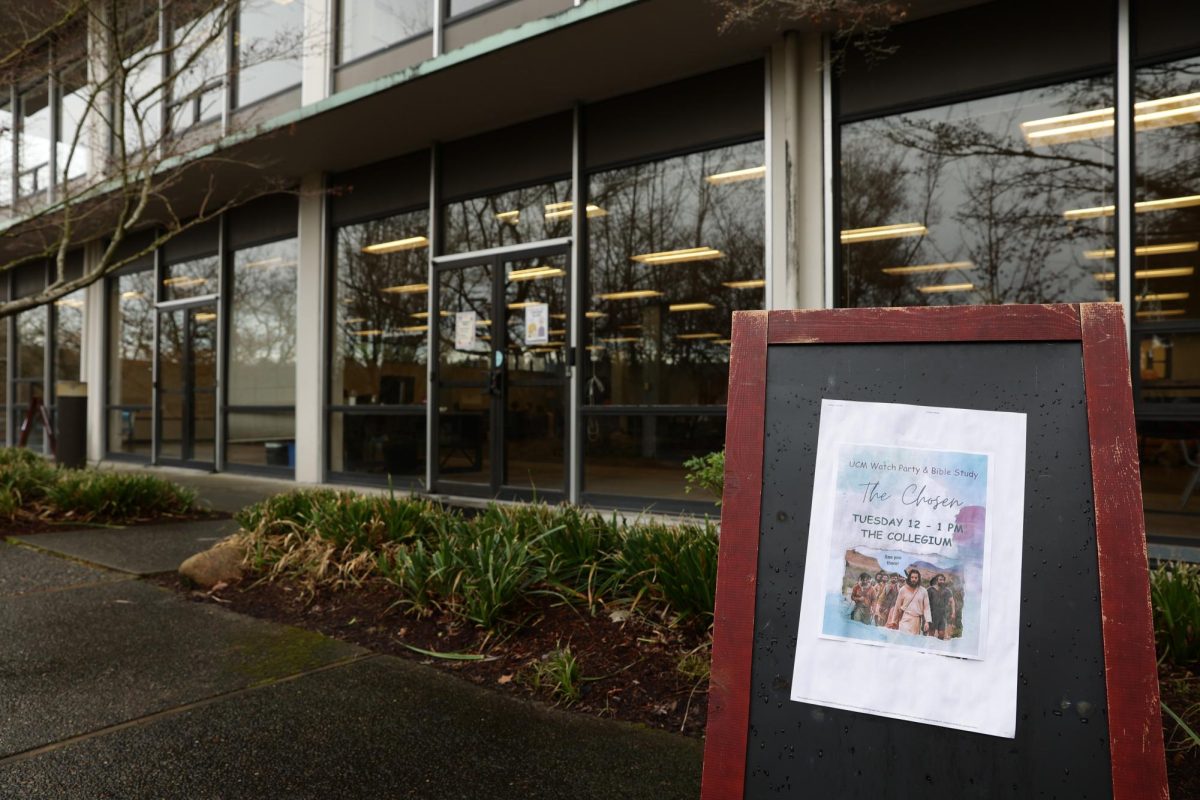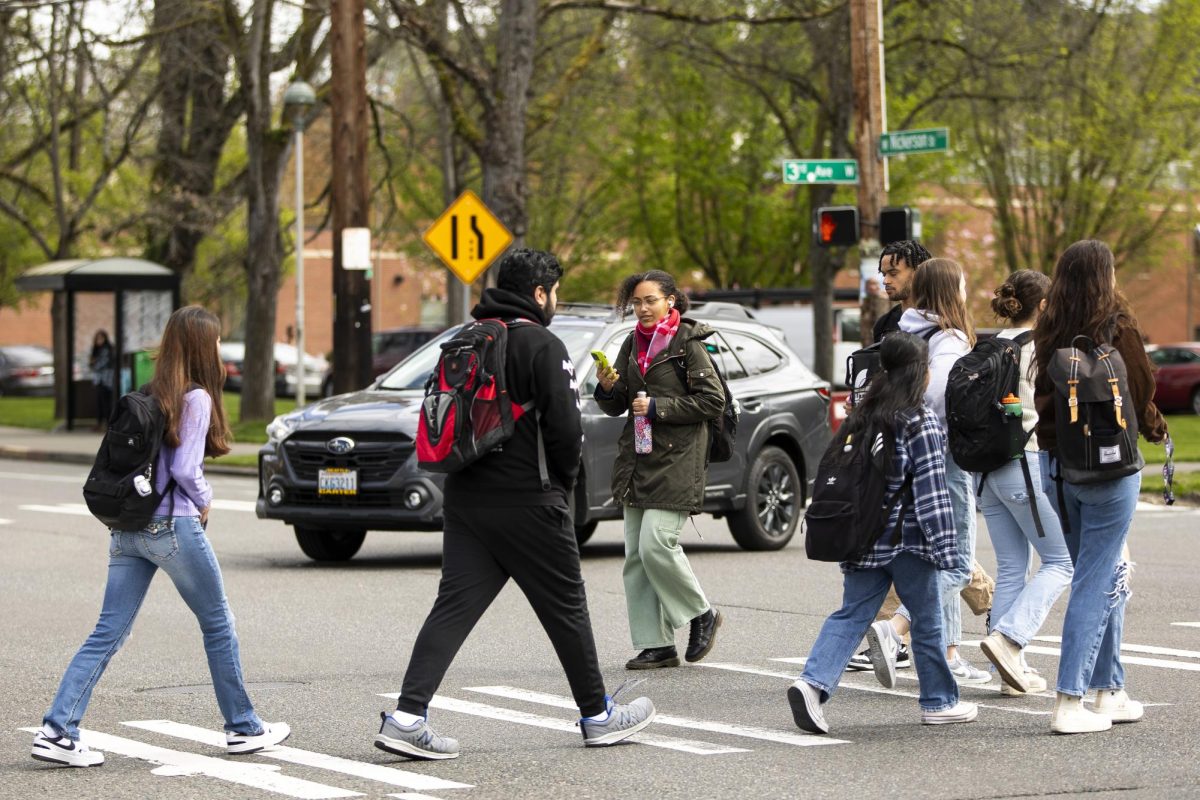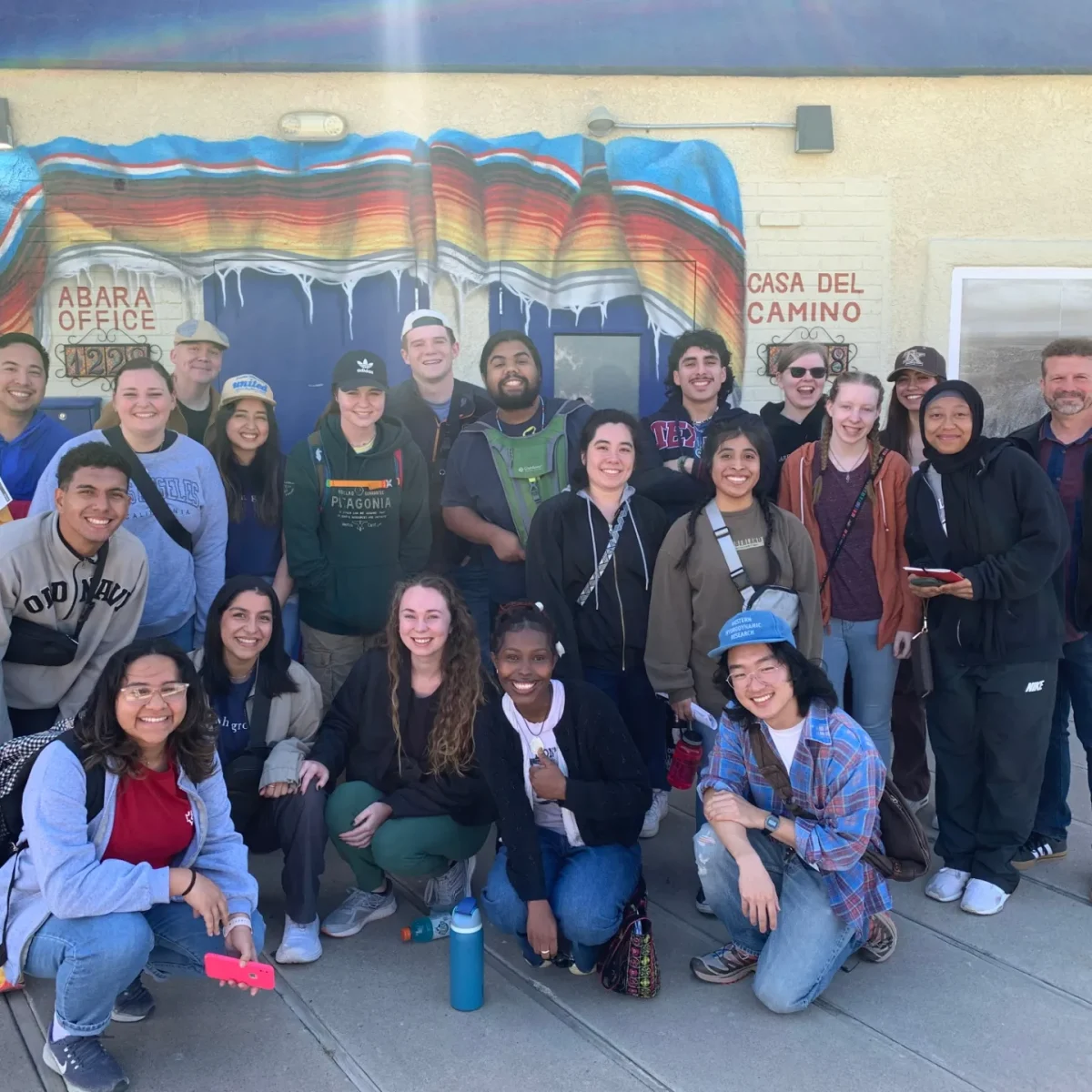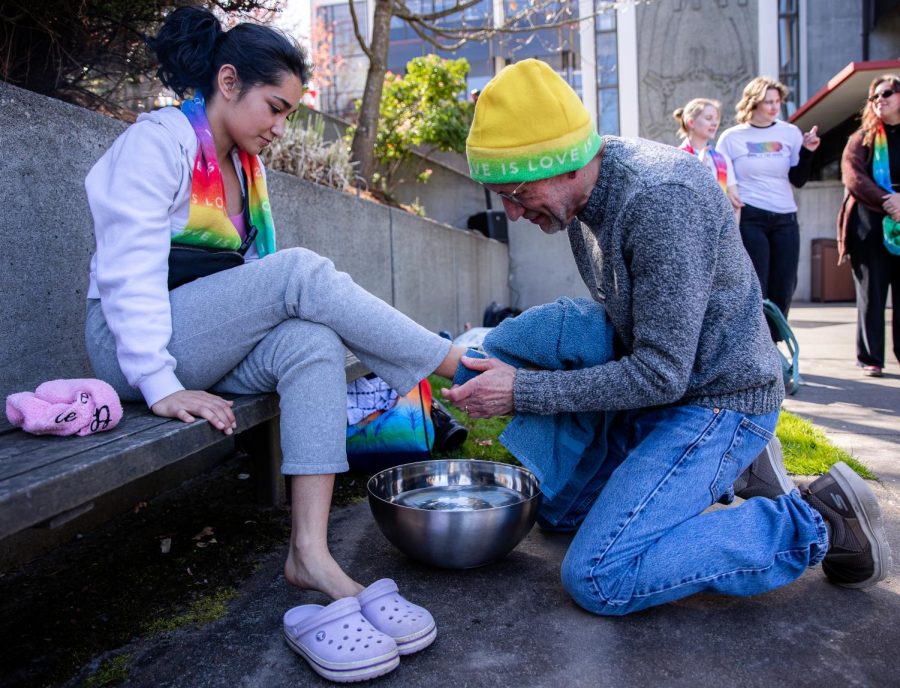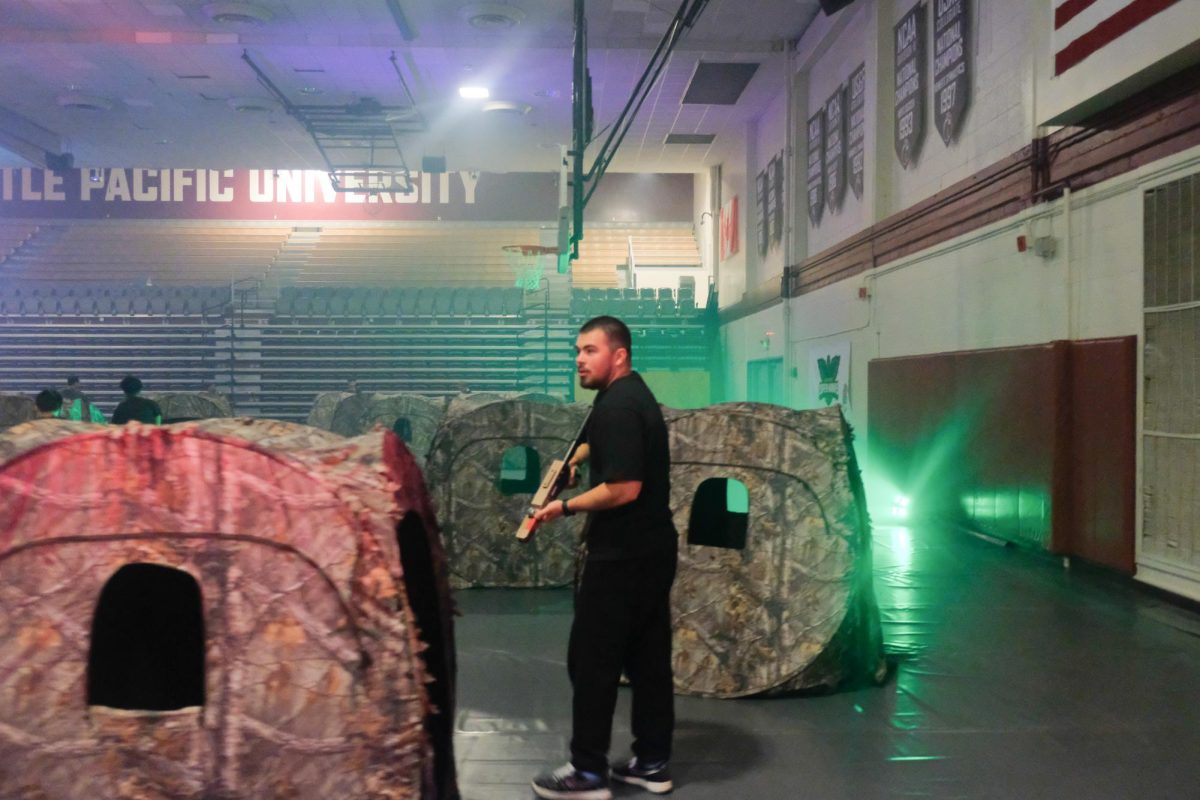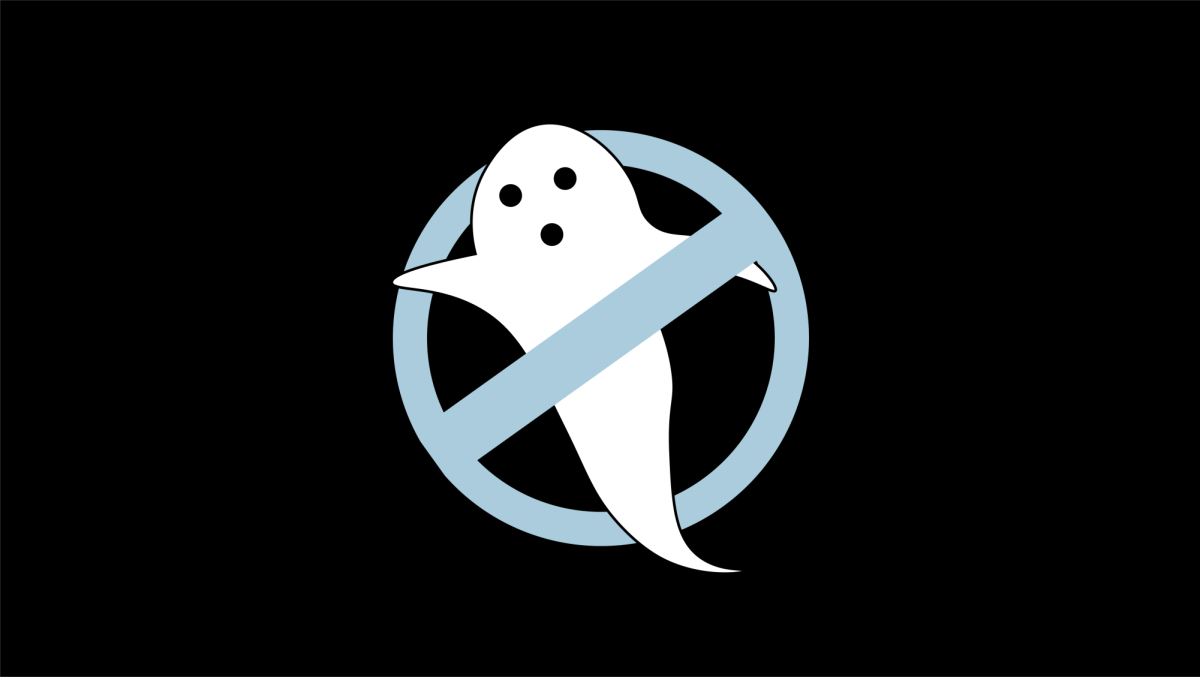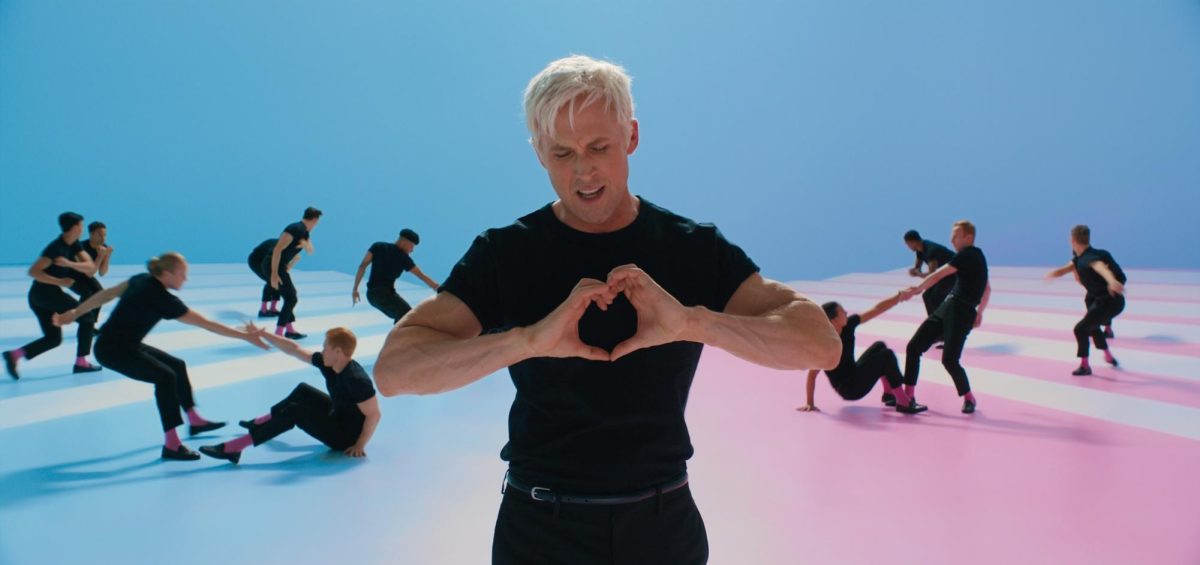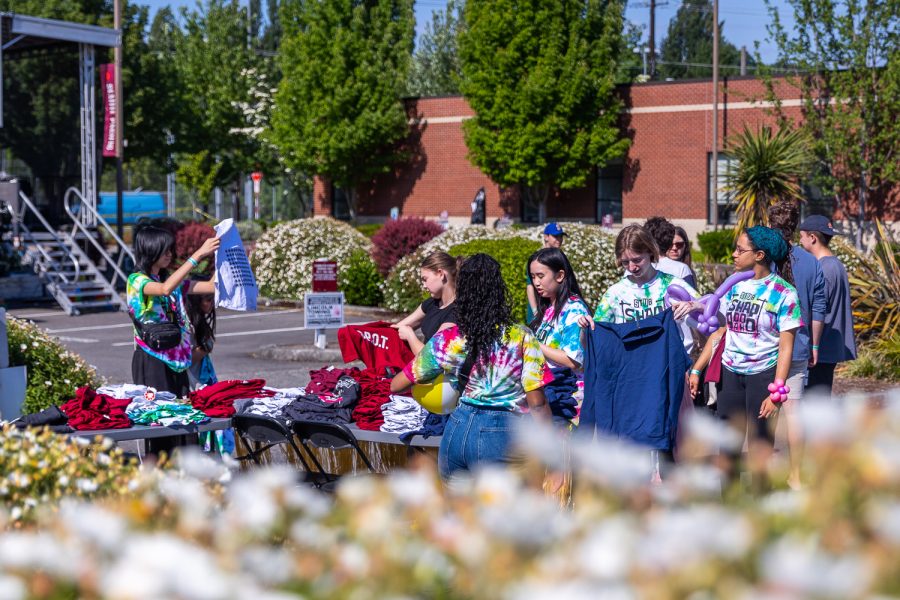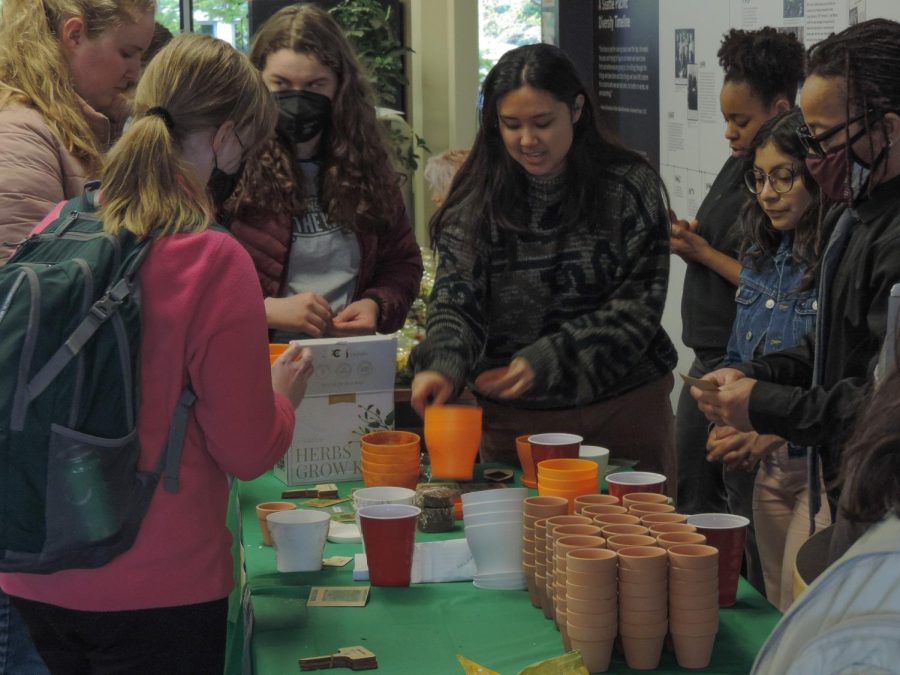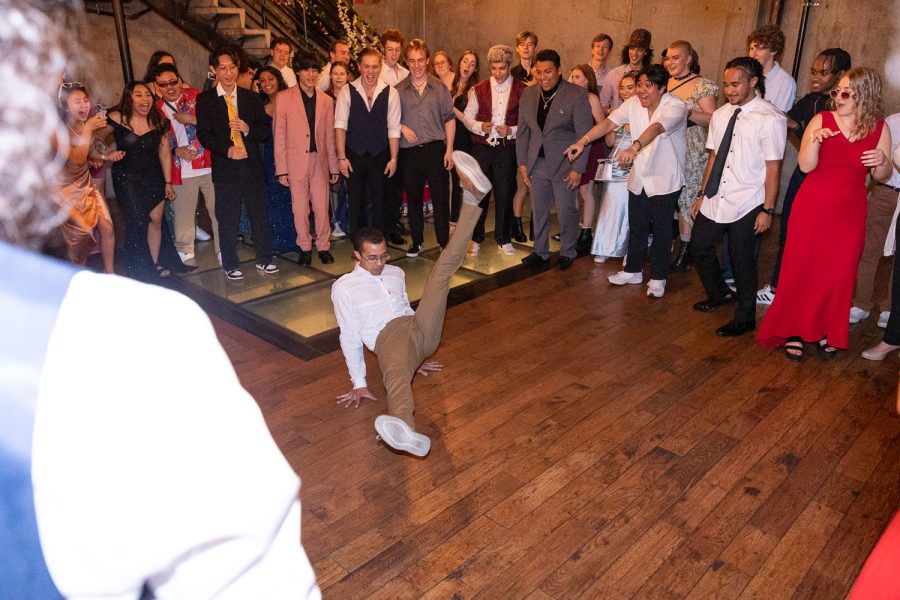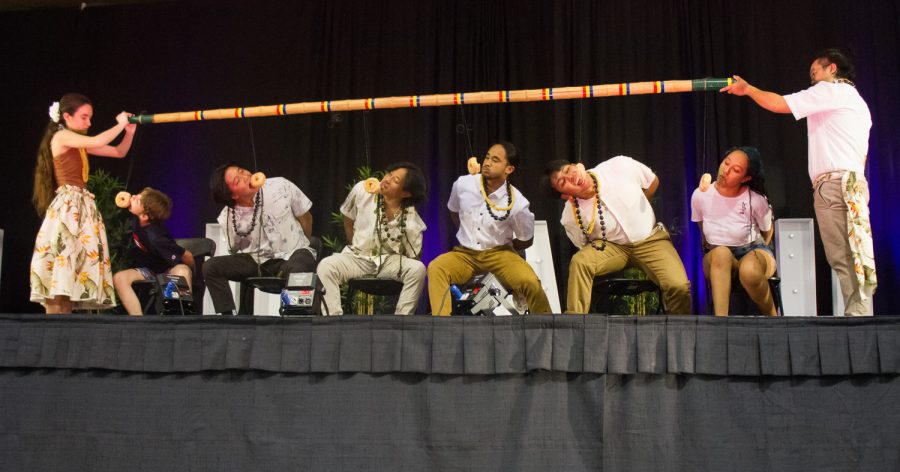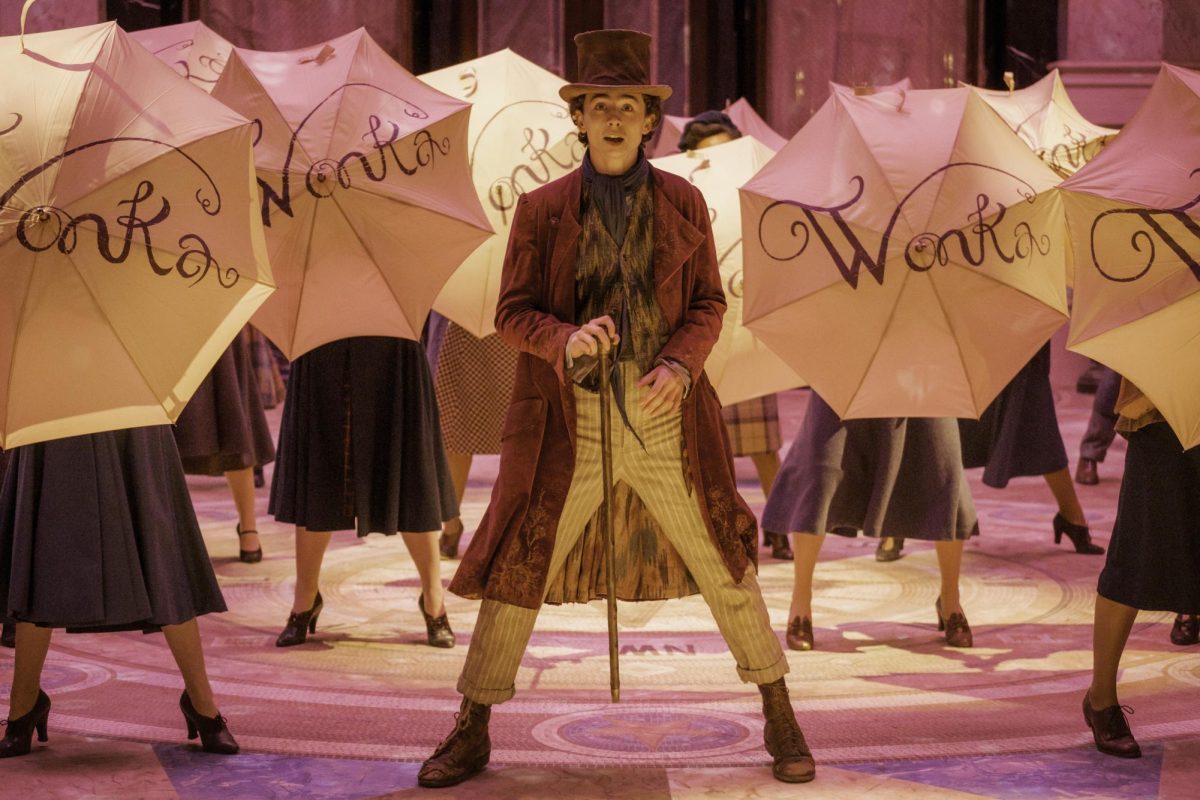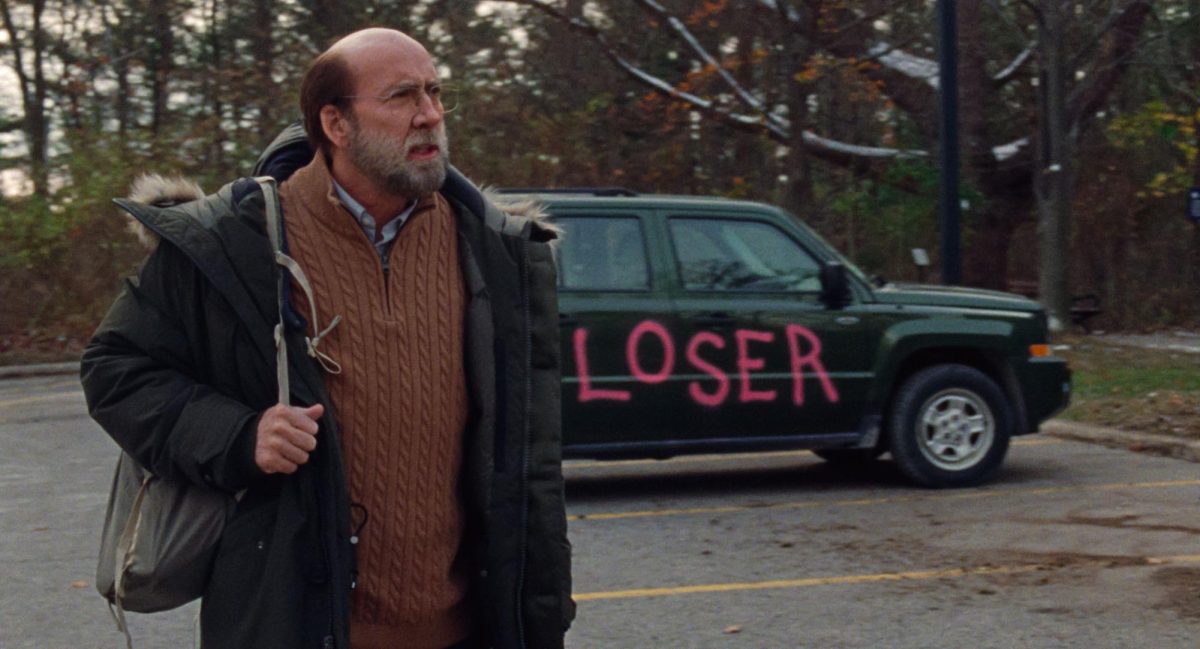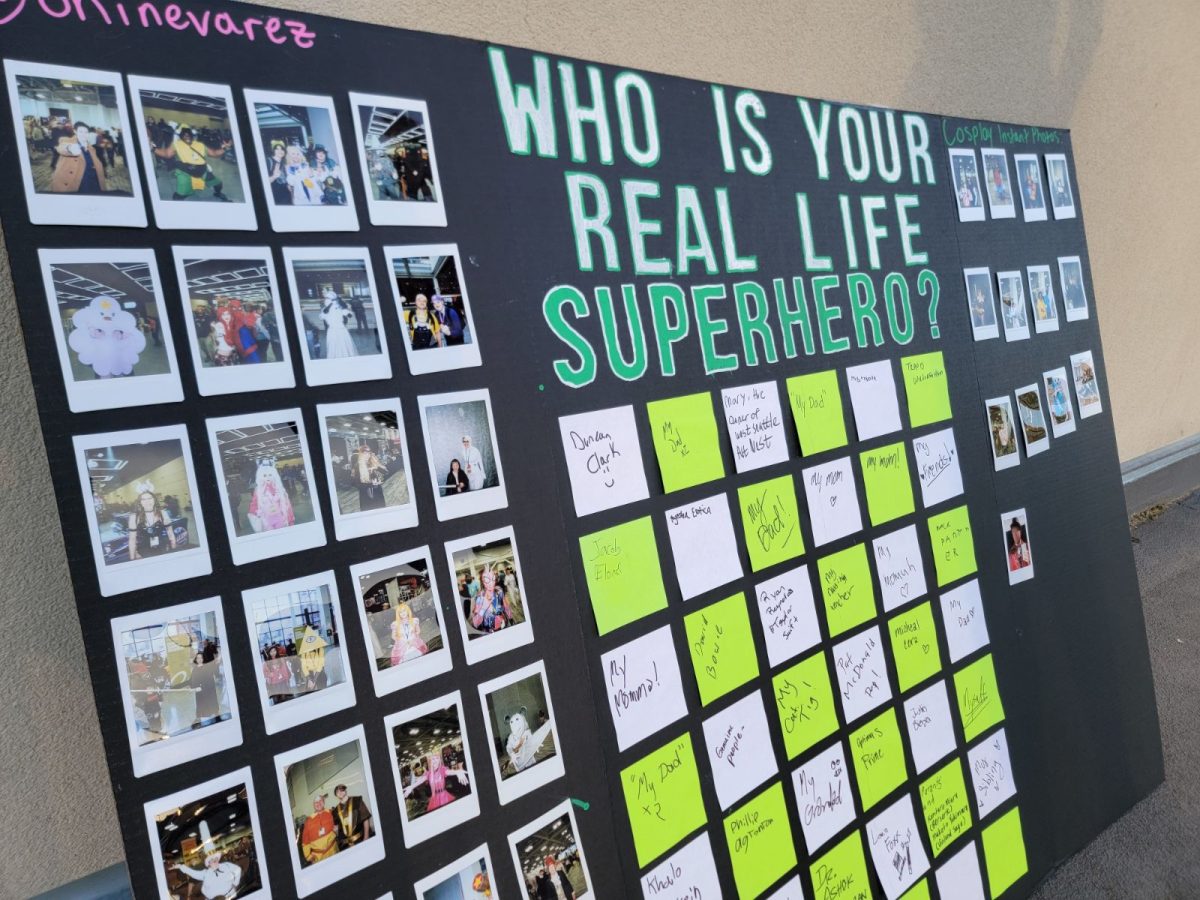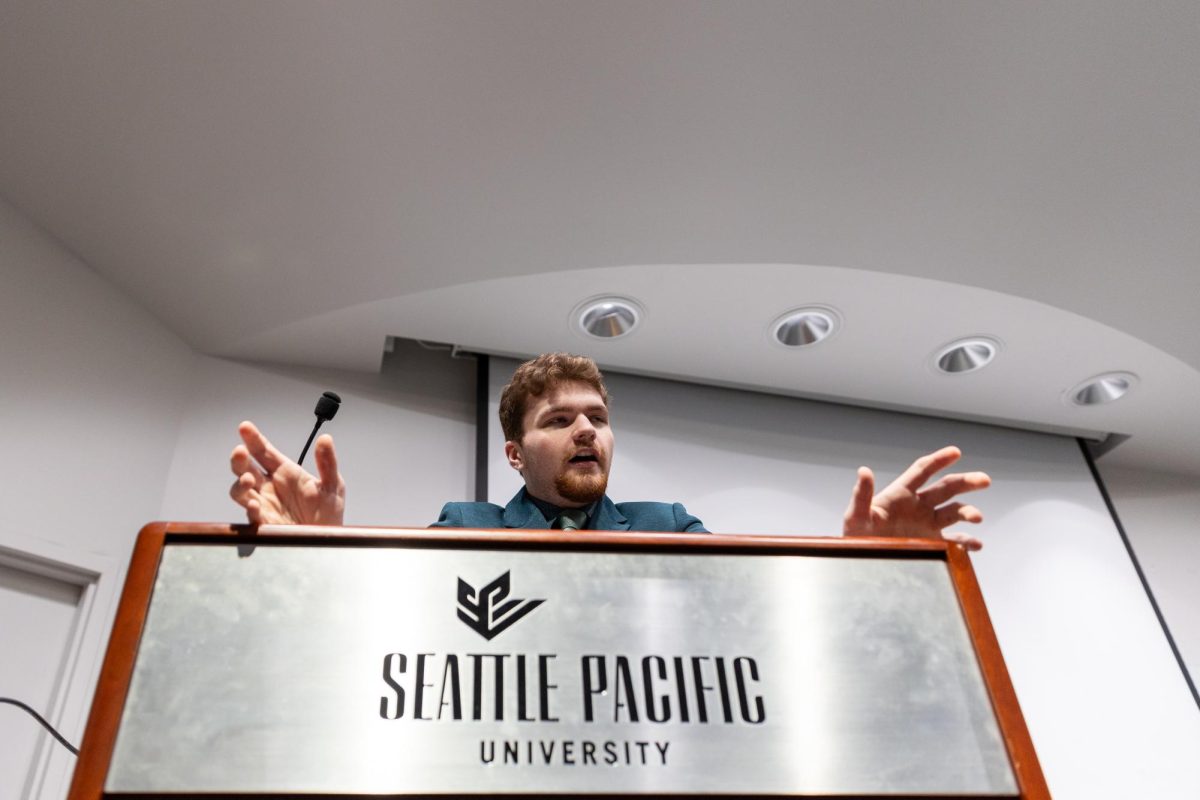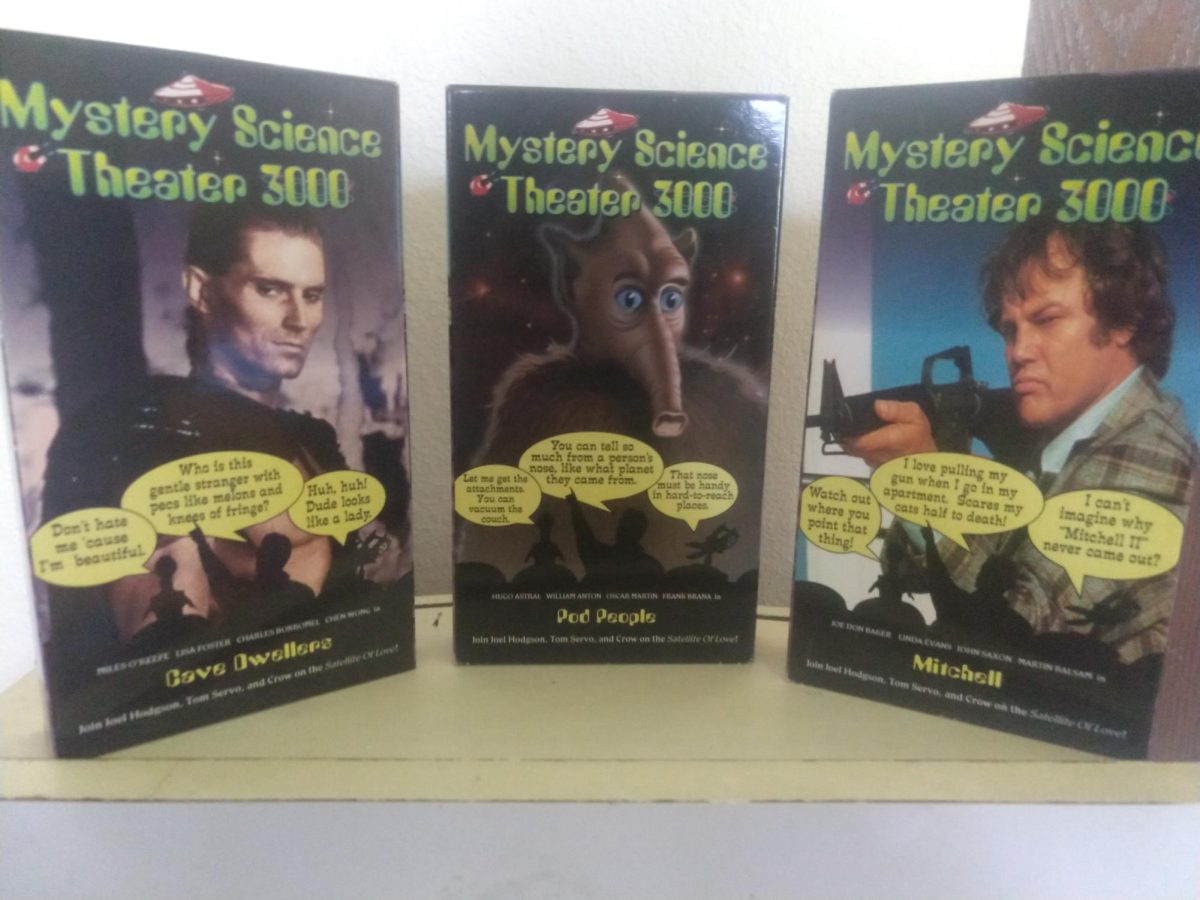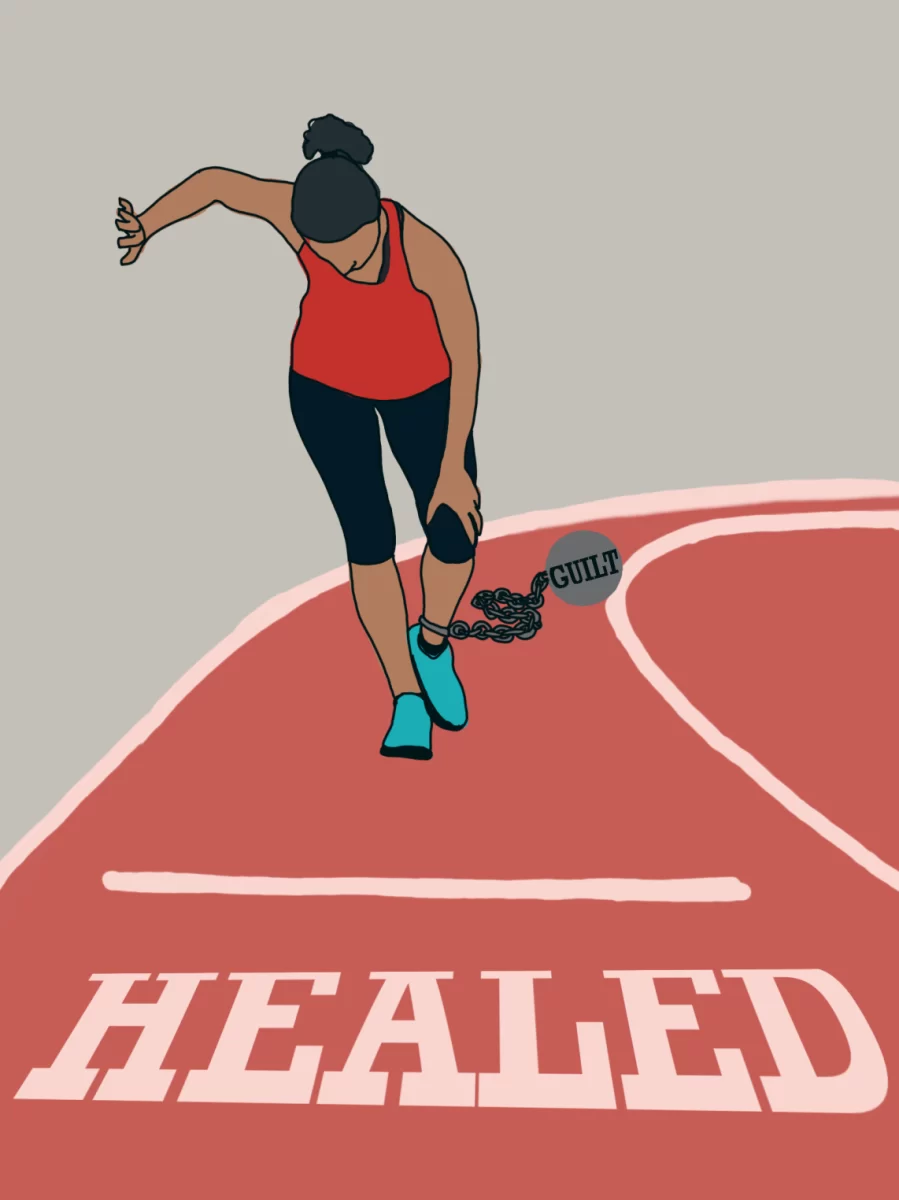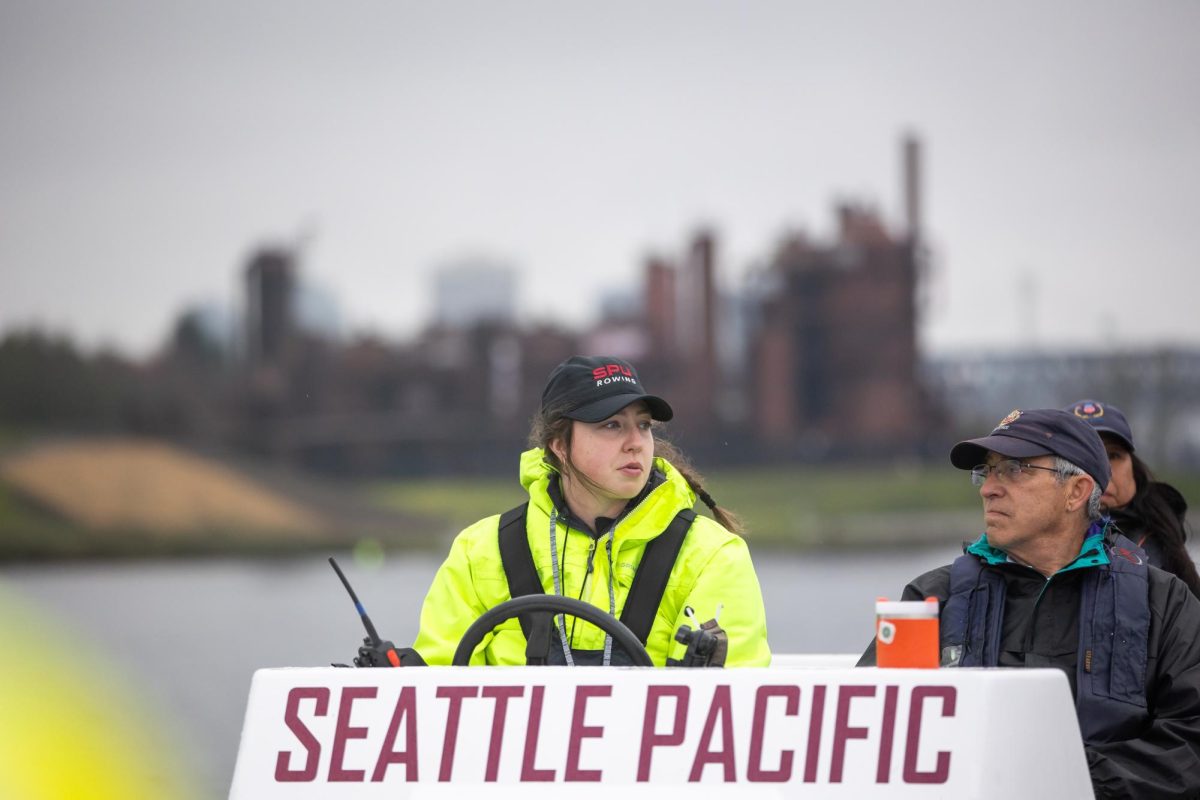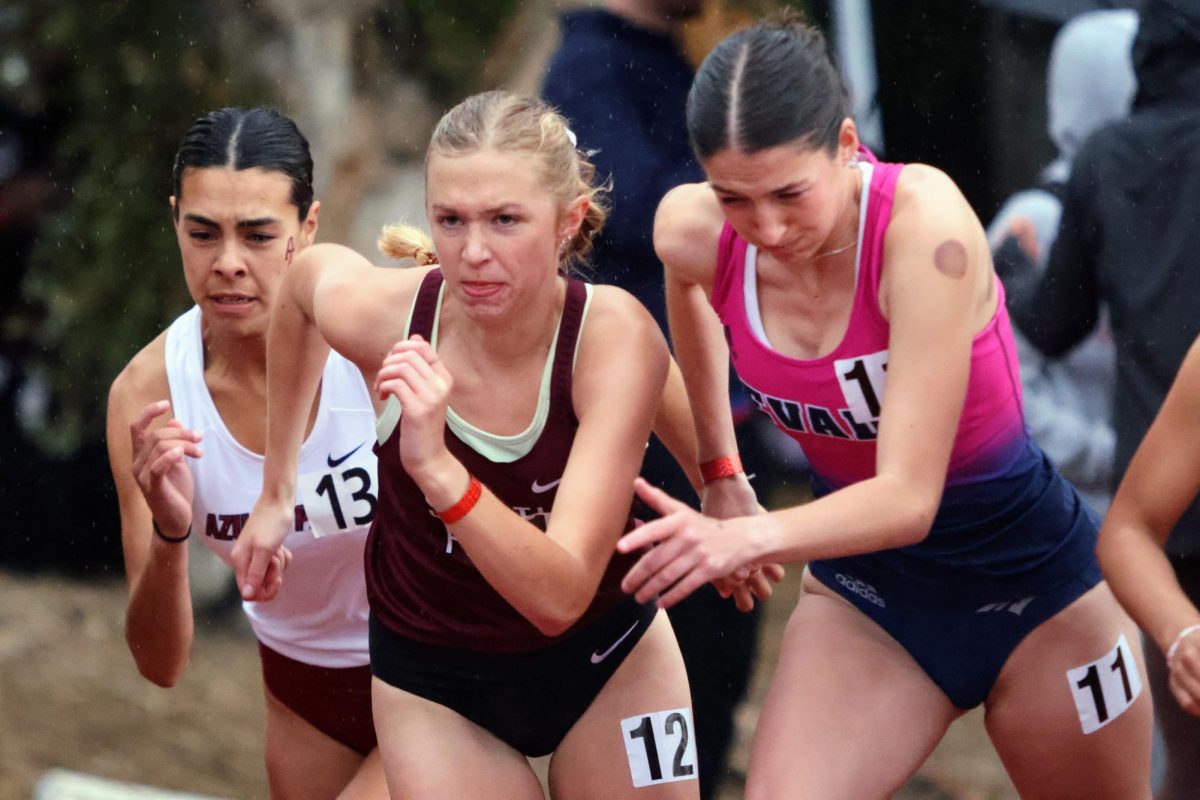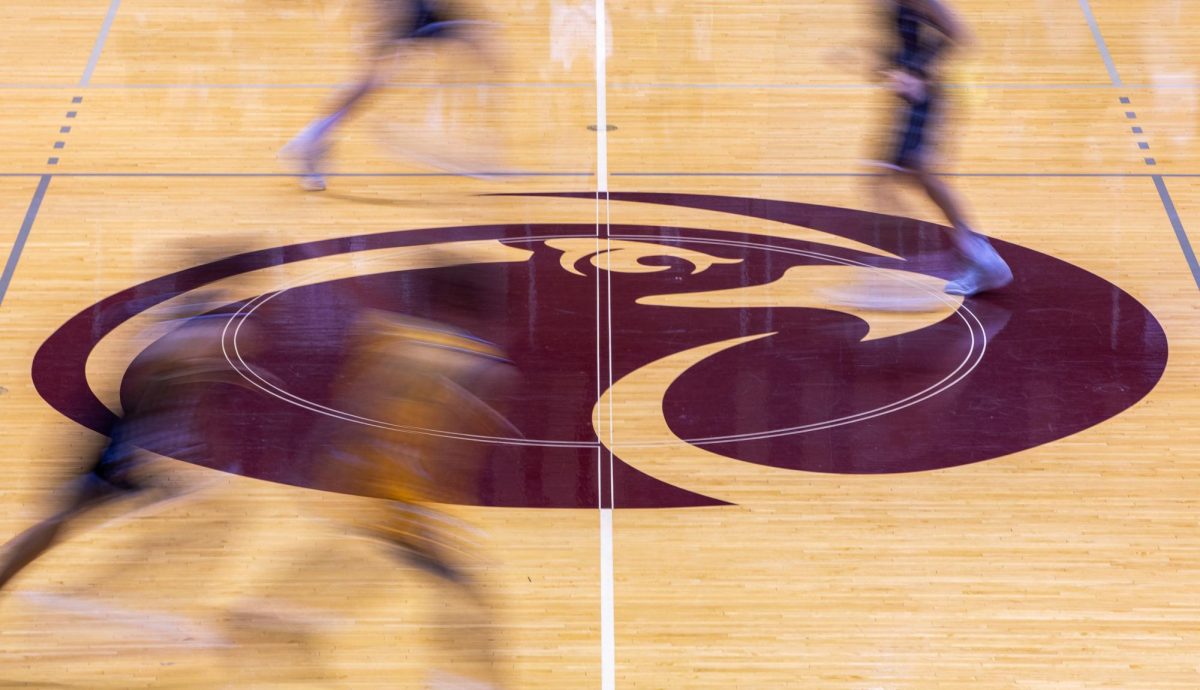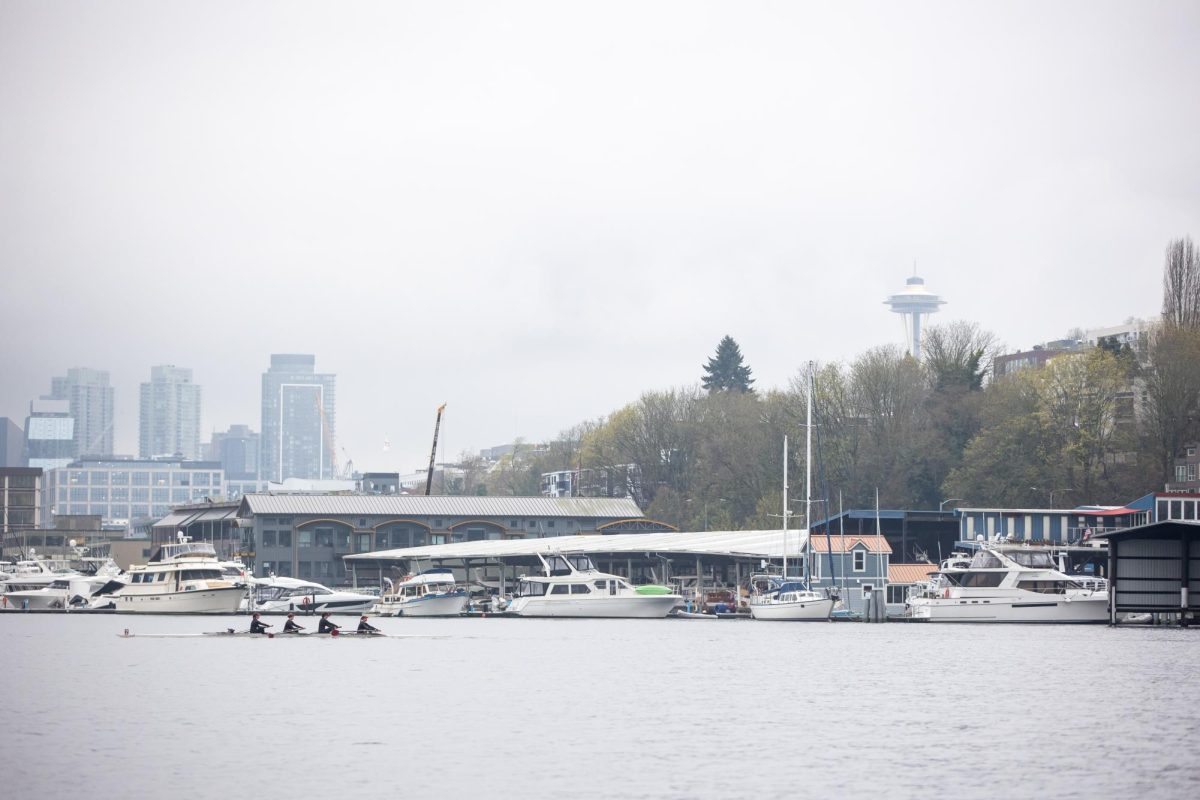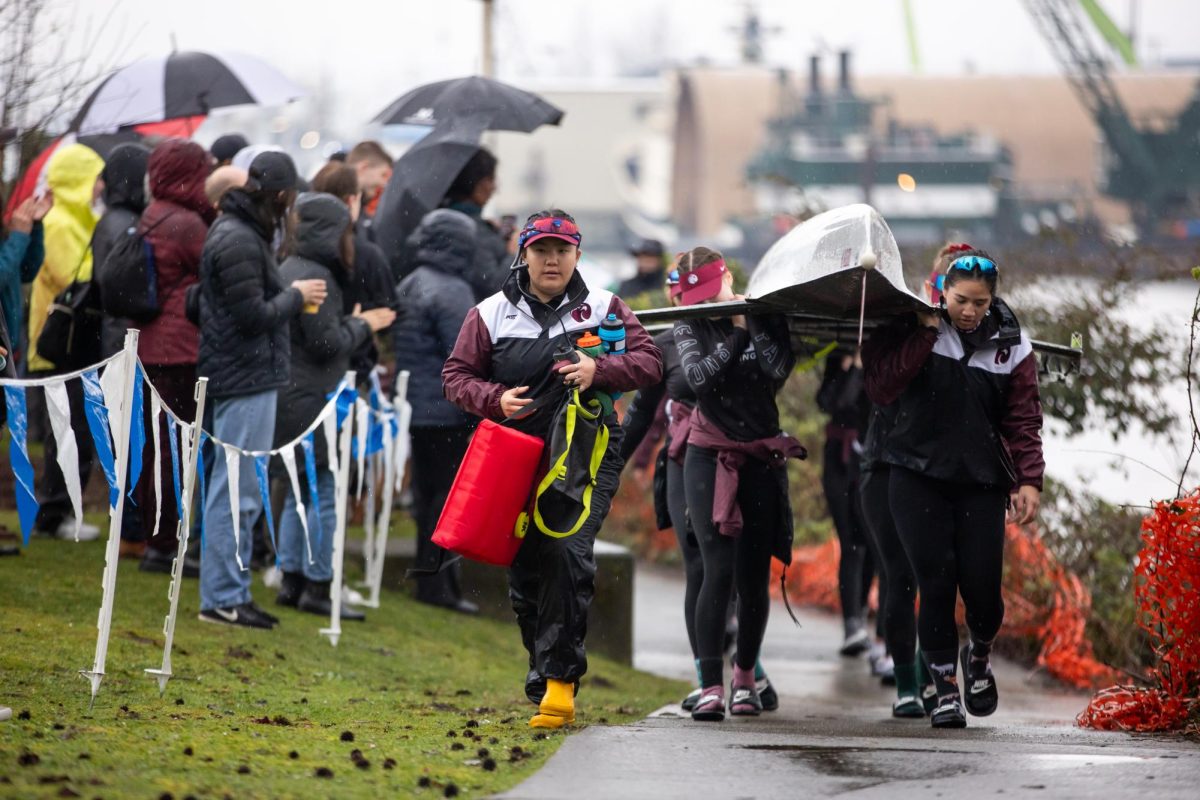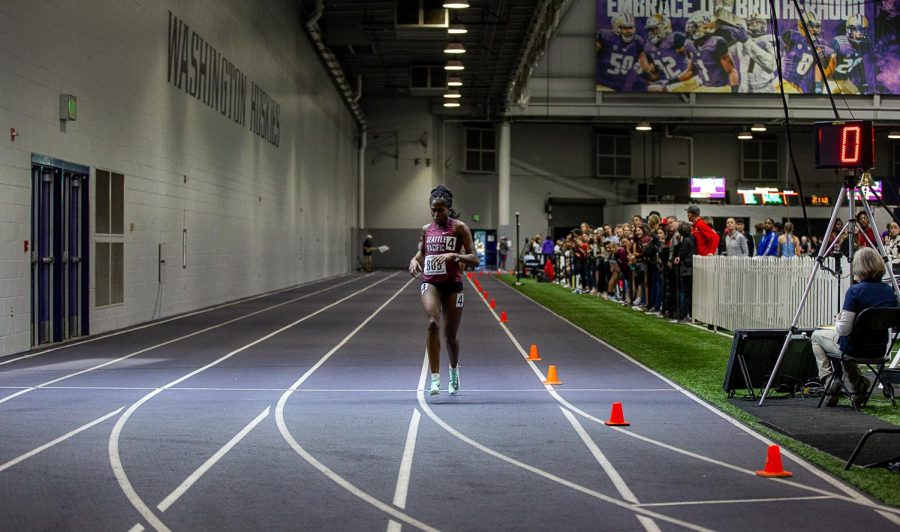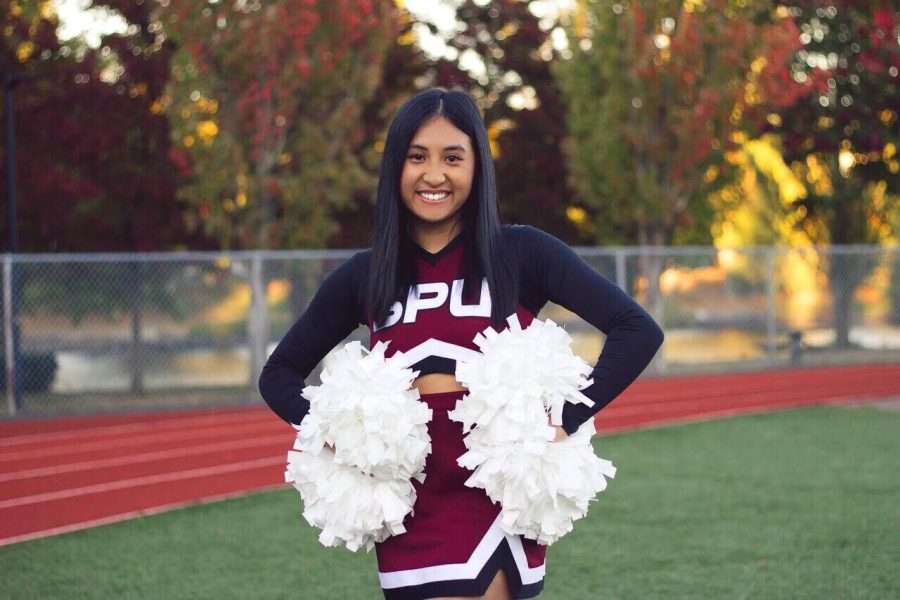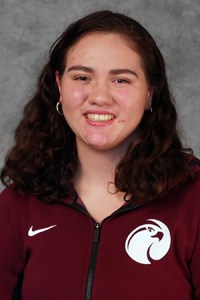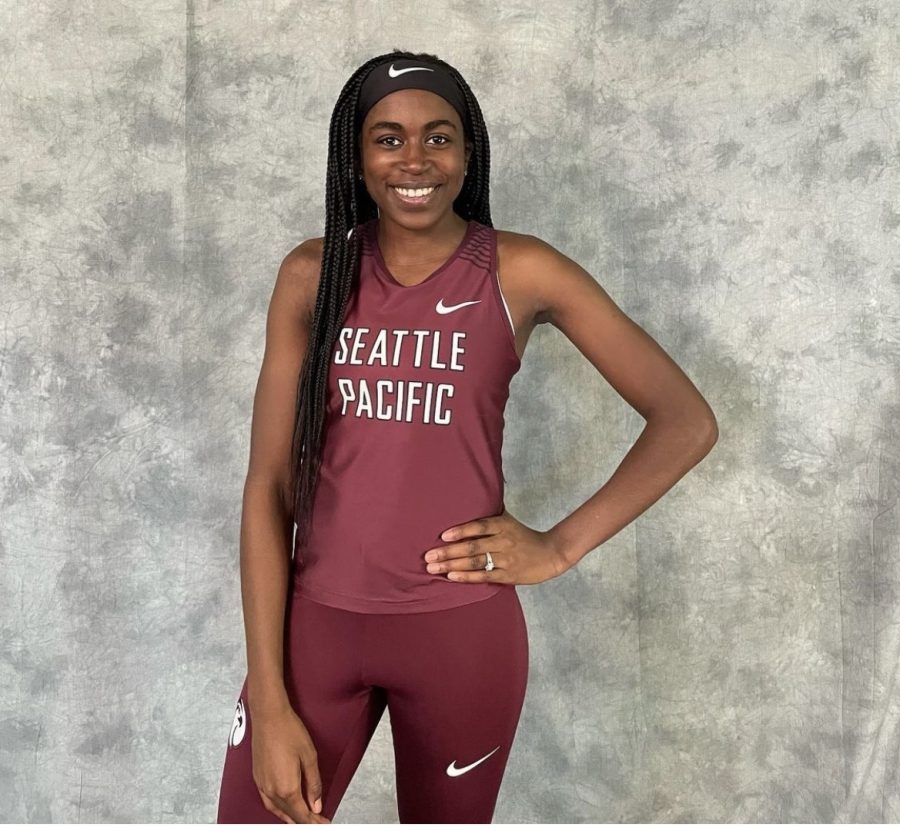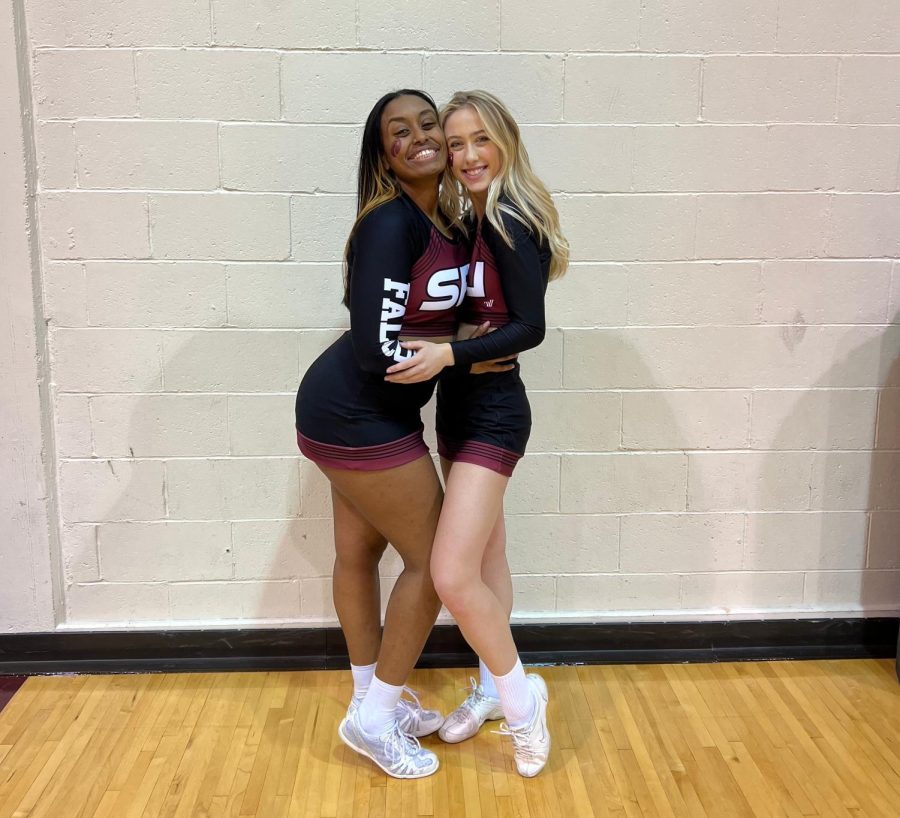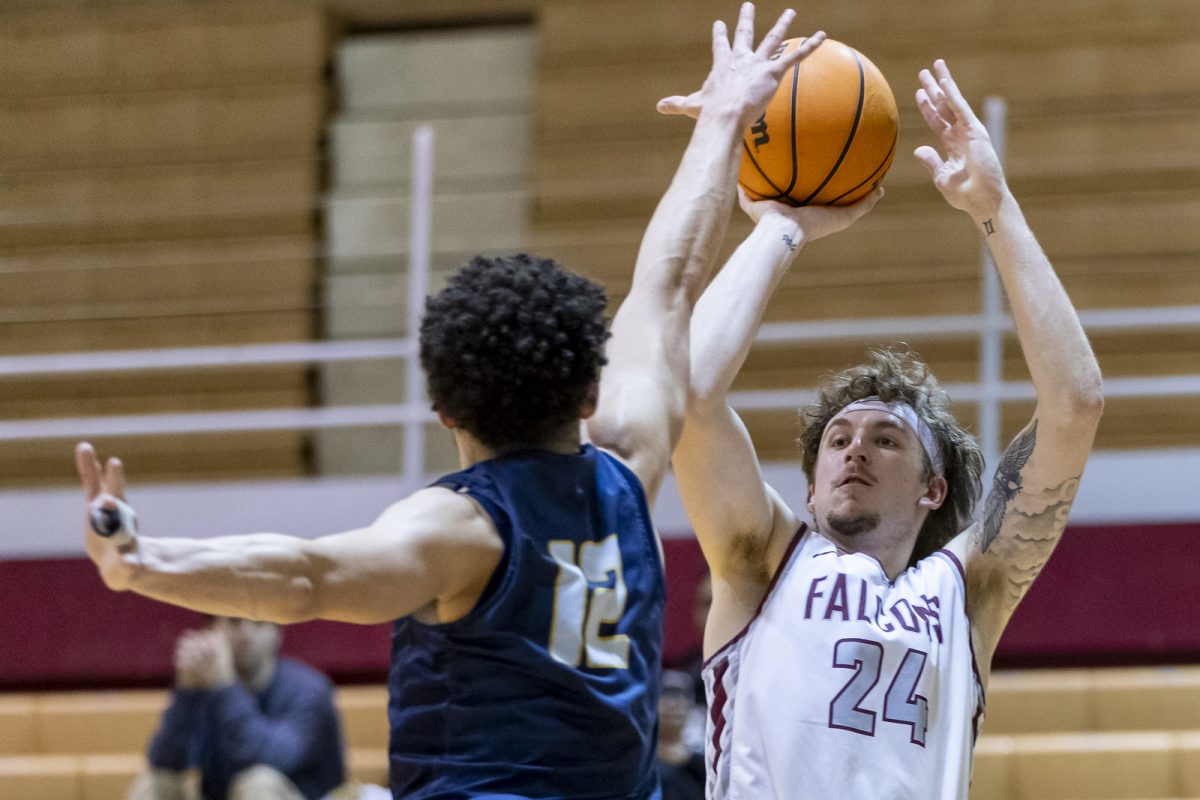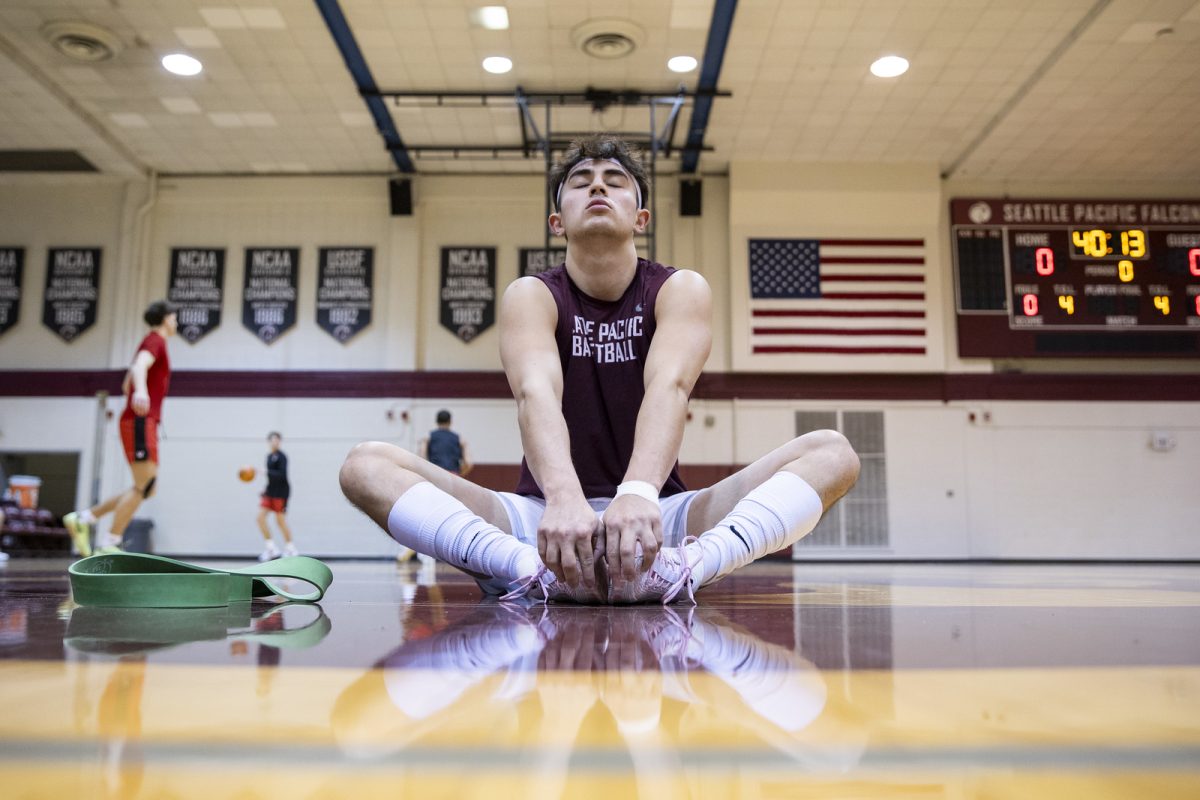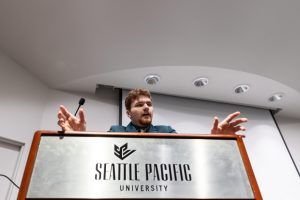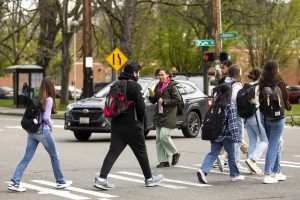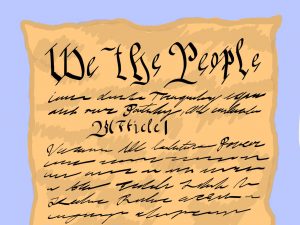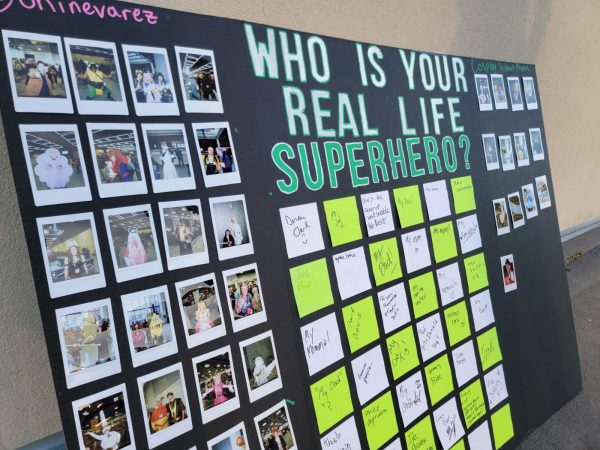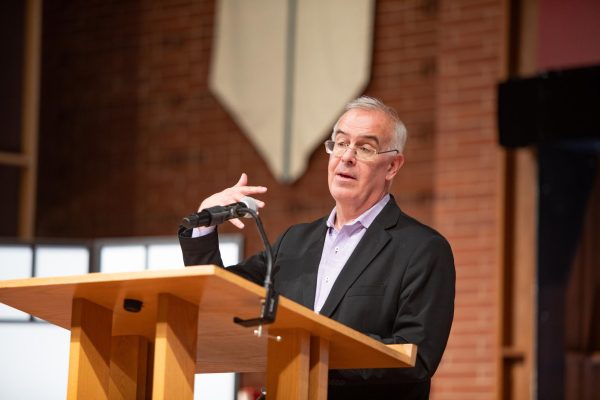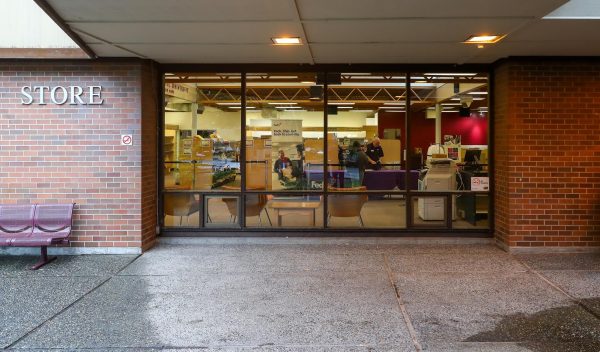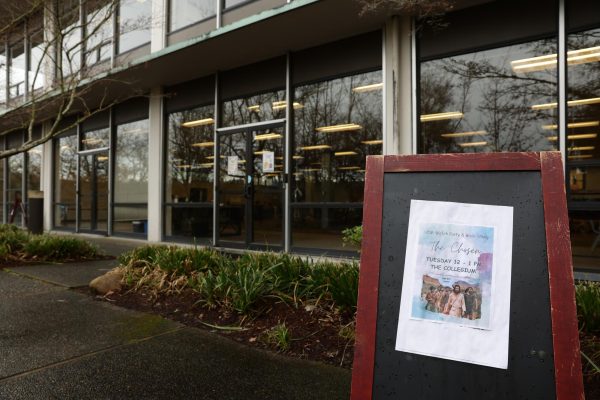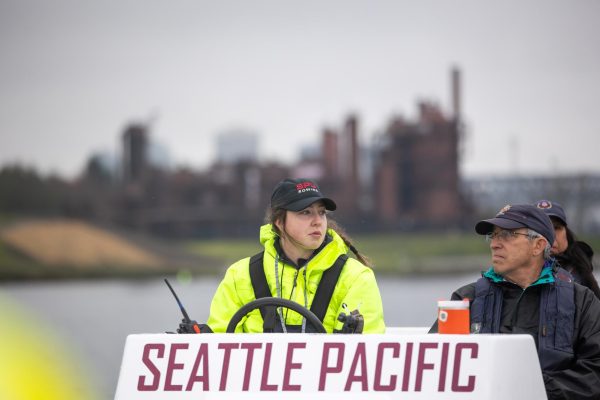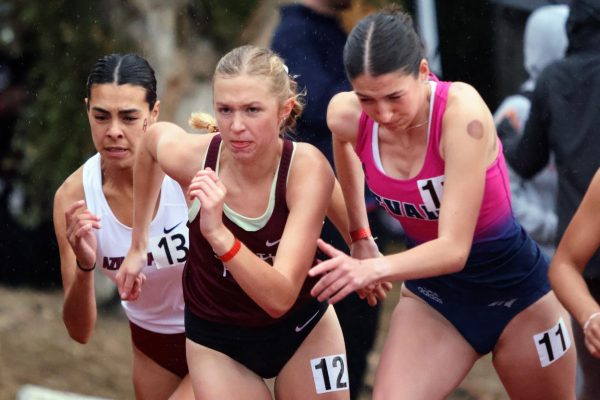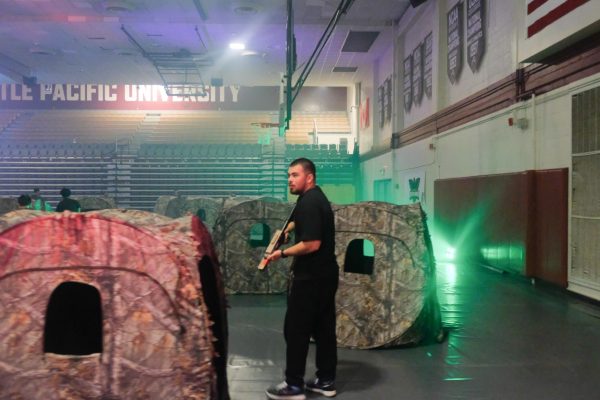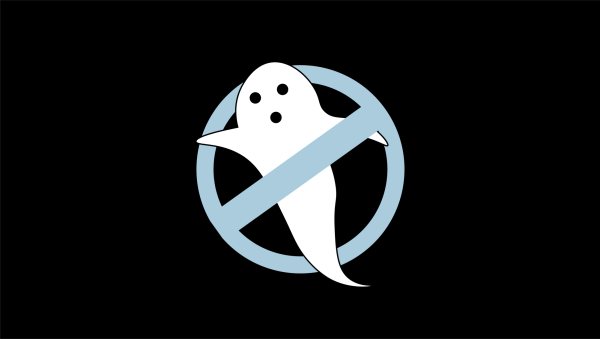Eco-friendly Emerald City
Seattle companies try to stay green
February 24, 2022
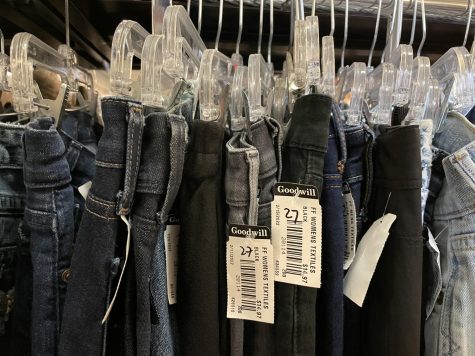
Seattle, nicknamed the Emerald City for its greenery, attracts people across the country who want to contribute to the city’s recycling efforts, and many businesses have begun to follow suit.
Lolita Petersen is a buying coordinator for the thrift shop Crossroad on Capitol Hill and came to live in Seattle knowing that recycling is a part of everyday life.
“I grew up on the border of Colorado, where recycling is a really big thing,” said Petersen. “So, for me, moving here, it was important that I got into the sustainability part of the industry since I’ve been working in clothing for so long. It was such a goal of mine to get into the more reusable side [of the industry].”
At the University District Crossroad, employee Sundus Sabbah described fast fashion and its environmental impact. She is also an environmental studies major at the University of Washington.
“Because of my major, I’m super interested in sustainable fashion, and that’s actually part of the reason why I applied to work here,” said Sabbah.
She mentioned that her experience working at thrift stores was refreshing, because these thrift stores aligned with her sustainability mission.
“It’s cool to see people buying secondhand clothing even though they might be from a fast fashion brand,” Sabbah said. “It is the best way to deal with the fashion industry because we can’t control companies and the way that they are making their clothes.”
Sabbah explained that fast fashion brands have become very affordable nowadays. However, the quality and the quantity of their products create notable gas emissions and often poor working conditions for factory workers across the globe.
Kimberlee Nealon, a sales associate at the University District Goodwill, commented on the issue.
“I am trying to stay away from fast fashion because it is harmful to people. Many fast fashion problems are happening in other countries that don’t follow labor laws; they don’t pay their people enough,” Nealon said. “It’s not sustainable with shipping, resourcing or materials to make the clothing. It is not good for the planet and people.”
Thrift stores are not the only businesses trying to reduce waste in Seattle. Even major corporations like Starbucks and Virginia Mason are attempting to decrease waste and pollution in the city.
Starbucks coffee cups are often seen scattered around city streets and abandoned at bus stops.The issue of littering has led Cora Carter, the manager of the original Starbucks in Pike Place Market, to get engaged in the sustainability efforts within Starbucks.
Carter described a pilot program that Starbucks is testing in various markets, such as the second Starbucks at University Village, which has a reusable cup program to encourage less use of paper cups.
“We are launching a reusable cup program where there are machines in certain stores where you can pay a $1 fee to get a reusable cup you can bring back and get the dollar back. Essentially, you are paying a holding fee.” said Carter.
These early pilot-program efforts are part of a bigger effort by Starbucks to promote sustainability throughout the company.
The company also has a food donation program called FoodShare. The program exists in stores that offer ready-to-eat food items and it donates the food in an effort to aid hunger relief.
Starbucks reports that it has donated 39.4 million meals through FoodShare. It has also diverted 47.3 million pounds of food from waste streams and 89.9 million pounds of carbon dioxide from waste streams.
Another award-winning Seattle company, Virginia Mason, has been committed to sustainability for over a decade.
John Leigh, Virginia Mason Franciscan Health Director of Sustainability, described that VMFH is the first hospital in the Pacific Northwest to start a comprehensive recycling program inside the operating room.
“We generate a lot of different material types in our waste streams in healthcare, only a portion of which is readily recyclable given the current conditions of the recycling industry globally,” said Leigh. “Even inside of an operating room we have means of training folks in operative services in what kind of things are discarded in that kind of setting that we want them to be setting aside and recycling, and making sure they don’t contaminate.”
Leigh went on to explain that the decisions Virginia Mason makes now will have long-term impacts on the health of their patients for generations to come.
“We really need to think about the long-term health implications of a lot of our little decisions if we are sincere about being laser-focused on improving health, that can’t just be limited to our patients, not even to the current generation, but to the ecological systems that we as human beings rely upon for high-quality health,” said Leigh.
As COVID-19 regulations begin to lift, it seems that Seattle residents are feeling more comfortable to reuse and shop second-hand. Reusable Starbucks coffee cups are on shelves again, and at Crossroad, people get in line to donate their goods, while others are busy shopping and browsing.
Sabbah explained that compared to previous years of the pandemic, people seem to finally be returning to thrift shopping.
“I feel like now there’s a huge resurgence,” Sabbah said.“There’s so many more people buying and selling clothes.”


